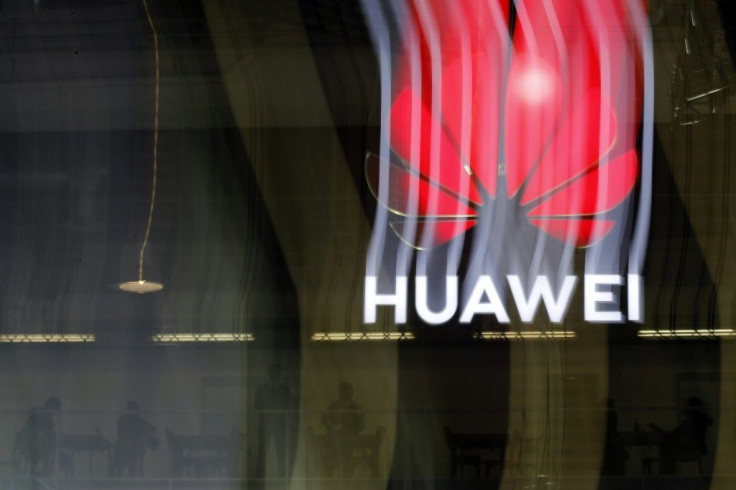Huawei Invests $26 Million To Entice Developers To Create Apps For Its Ecosystem

KEY POINTS
- Huawei is facing challenges related to its inclusion in the Entity List
- One of these challenges is the lack of Google apps and services on its devices
- The Chinese company is spending $26 million to entice developers to create apps for its ecosystem
Months ago, Chinese tech giant Huawei was included in the Entity List, which effectively prohibited U.S.-based companies from selling tech products to the Asian giant. Because of this, the company was banned from using licensed versions of Google's Android mobile operating system on its smartphones.
Since then, Huawei was limited to using an open-source version of Android devoid of Google Play Services. The company's executives said that while Huawei was able to find some alternative solutions to the problems it faced due to the Entity List, it is having difficulty looking for a replacement for Google's computing services.
Older Huawei handsets continue to run on licensed versions of Android, complete with Google Play Services. Newer handsets such as the Mate 30 and those coming after, on the other hand, are left without Google's apps and services.
The company said it will take years before it could come up with its own alternatives. It's proprietary operating system, Harmony OS, isn't ready yet. Now, it appears that Huawei is looking to create its own ecosystem real fast.
According to a report from Business Insider, Huawei recently hosted a “developer day” in London and announced that it is investing $26 million so that British and Irish developers can create apps that will be included in the Huawei App Gallery – the company's answer to Google's Play Store and Apple's App Store.
Huawei executives, the report said, boasted about how the App Gallery will not take as much revenue cuts from developers as much as Google and Apple does. Whereas Google and Apple requires 30% tax from developers, the Chinese company will only require 15%, the execs said.
Furthermore, Huawei said it is aiming at creating an ecosystem that will not be as intrusive as the other aforementioned ecosystems, and will not pepper users with notifications and ads.
“This is very good from a privacy perspective," Jamie Gonzalo, VP for consumer services, Huawei Europe, said. "Ads aren't important to us.”
Gonzalo added, however, that app developers can market their apps to users straight from the home screens on their devices.
© Copyright IBTimes 2024. All rights reserved.



















